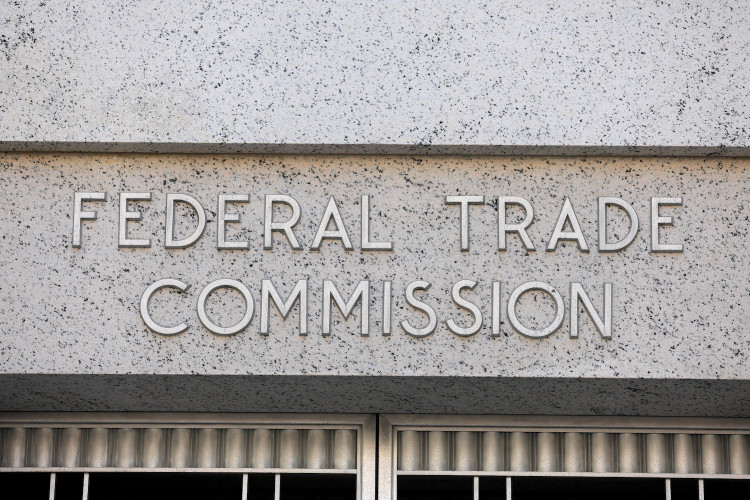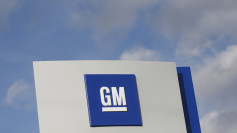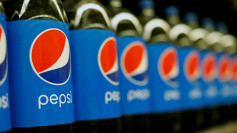The U.S. Federal Trade Commission (FTC) has filed a lawsuit to block Coach parent Tapestry's $8.5 billion acquisition of Michael Kors owner Capri, claiming that the deal would eliminate direct competition between the companies' brands in the affordable luxury handbag market. The move comes as the FTC takes a more aggressive stance on antitrust issues, with several U.S. lawmakers calling for increased scrutiny of multi-billion dollar deals that could potentially lead to higher prices and negatively impact consumers.
In a statement, the FTC said, "The proposed merger threatens to deprive millions of American consumers of the benefits of Tapestry and Capri's head-to-head competition, which includes competition on price, discounts and promotions, innovation, design, marketing and advertising." The agency also expressed concern that the deal could eliminate the incentive for the two companies to compete for employees, potentially depressing wages and workplace benefits for the combined workforce of approximately 33,000 people worldwide.
Henry Liu, director of the FTC's bureau of competition, stated, "With the goal to become a serial acquirer, Tapestry seeks to acquire Capri to further entrench its stronghold in the fashion industry." The FTC's decision to sue comes despite Tapestry and Capri receiving regulatory clearance from the European Union and Japan for their deal in April.
Both Tapestry and Capri have strongly disagreed with the FTC's decision and have vowed to vigorously defend the merger in court. In a statement, Capri said, "The market realities, which the government's challenge ignores, overwhelmingly demonstrate that this transaction will not limit, reduce, or constrain competition." The company argued that the global luxury industry is fiercely competitive and highly fragmented, with consumers having hundreds of handbag choices at every price point and low barriers to entry.
Tapestry echoed Capri's sentiments, stating, "There is no question that this is a pro-competitive, pro-consumer deal and that the FTC fundamentally misunderstands both the marketplace and the way in which consumers shop." The company emphasized that it operates in an intensely competitive industry alongside hundreds of rival brands, including both established players and new entrants.
The Tapestry-Capri deal, announced in August 2023, would create the fourth-largest luxury company in the world, with a combined market share of around 5.1% of the luxury goods market, according to research firm GlobalData PLC. In the Americas, the new entity would become the second-largest luxury player behind LVMH, with a combined share of 6% of the luxury goods market.
The FTC's decision to block the Tapestry-Capri deal comes on the heels of its lawsuit to block the $24.6 billion merger between grocery giants Kroger and Albertsons in February. The agency argued that the lack of competition resulting from the merger would lead to higher grocery prices and lower wages for workers. In response, Kroger and Albertsons announced on Monday that they would sell more of their stores to address the federal government's concerns.
The FTC's increasingly aggressive stance on antitrust issues aligns with the agency's new merger guidelines released in December, which aim to encourage fair, open, and competitive markets. As the Tapestry-Capri deal and the Kroger-Albertsons merger face legal challenges, the outcome of these cases could have significant implications for future mergers and acquisitions in various industries.






